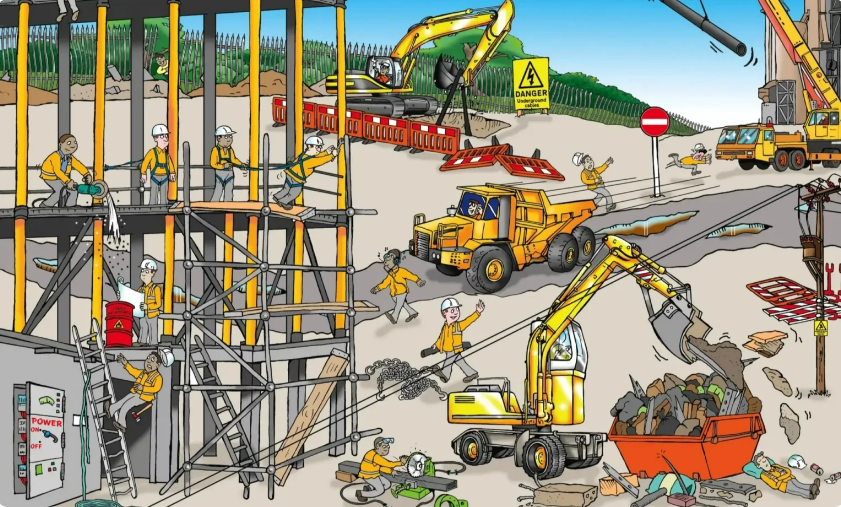Safety in the workplace is a culture, not just a set of rules. Employees face risks every day, from broken machinery to chemical exposure, yet many of them go undetected because of fear, carelessness, or confusing protocols. Ignoring a small problem might appear trivial, but neglecting to report hazards can have major repercussions that affect the entire organization.
The consequences of remaining silent are severe and range from a rise in accidents and expensive legal disputes to ruined reputations and eroded employee trust. To help employers and employees alike understand why prompt hazard reporting is essential for a safer, more productive workplace, we examine ten significant repercussions of failing to report work risks in this article.
10 Major Consequences Of Not Reporting Work Hazards
Employers, workers, and the organizational environment as a whole may suffer serious repercussions if workplace dangers are not reported. The following are ten significant repercussions of failing to notify such risks:
1. Increased Risk Of Accidents And Injuries
A hazard that is unreported, such as a slippery floor, exposed wiring, or broken equipment, usually goes unfixed. This makes it more likely that employees will encounter it without realizing the risks. The likelihood of avoidable mishaps like stumbles, falls, burns, or electrocution is greatly increased by these circumstances.
Why It Happens:
- Insufficient knowledge or instruction about the definition of a hazard
- A culture that discourages employees or makes them fearful of reporting
- Apathy caused by management’s inaction on earlier reports

